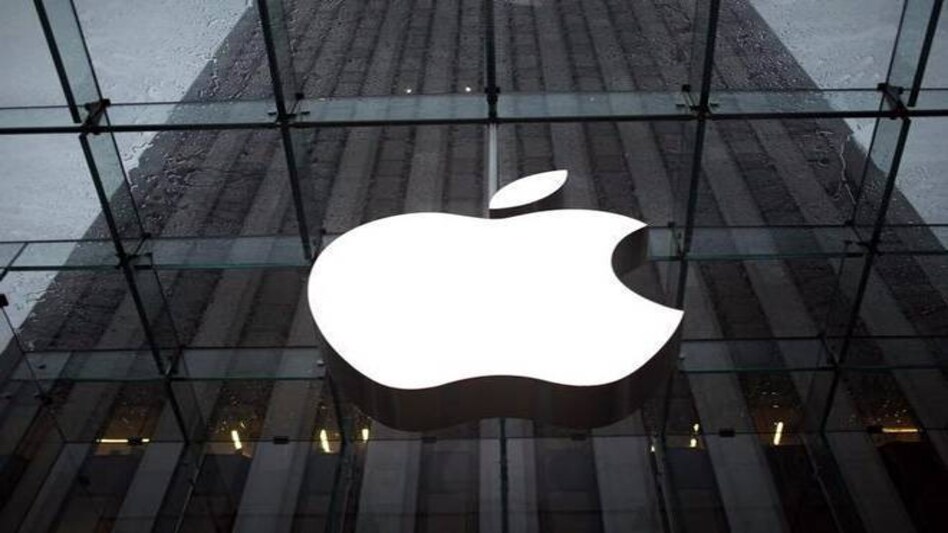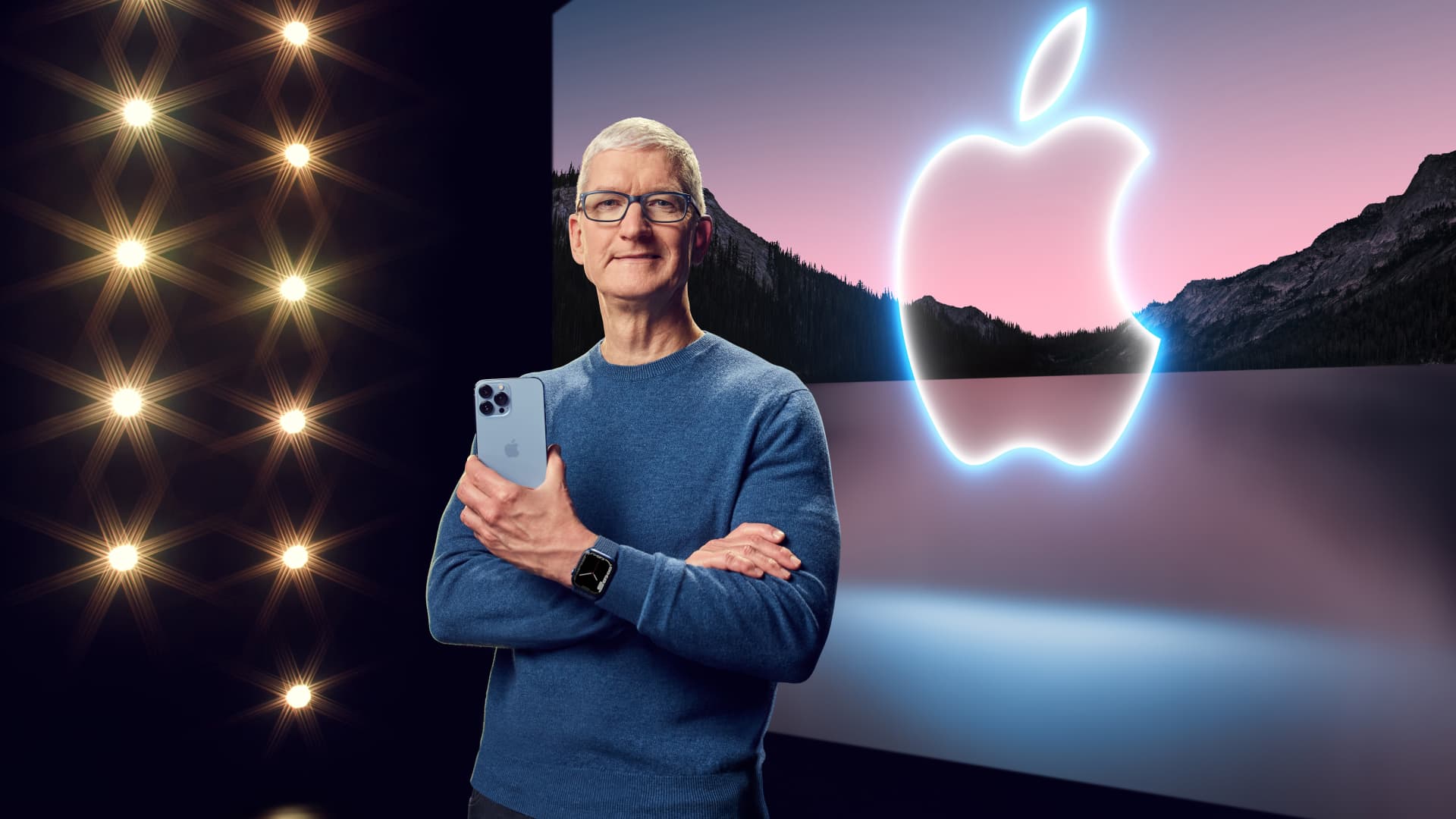Holding companies are powerful entities that control a diverse range of businesses. They play a crucial role in the global economy, influencing various industries and shaping the business landscape. In this article, we will explore the top 20 holding companies in the world, their backgrounds, and their contributions to the business world.
1. Berkshire Hathaway Inc.


Berkshire Hathaway, an American multinational conglomerate holding company headquartered in Omaha, Nebraska, stands as a beacon of success and stability in the world of finance and investments. Led by the legendary investor Warren Buffett, Berkshire Hathaway is a conglomerate that owns a diverse portfolio of businesses, ranging from insurance and railroads to utilities and consumer goods. With its remarkable history and enduring influence on the global financial landscape, Berkshire Hathaway is a testament to Warren Buffett’s investment prowess and his commitment to long-term value creation.
Founded in 1839 as a textile manufacturing company, Berkshire Hathaway underwent a profound transformation under the stewardship of Warren Buffett. Buffett, often referred to as the “Oracle of Omaha,” began accumulating shares of the struggling textile company in the 1960s. Recognizing the limitations of the textile industry, he gradually shifted the company’s focus towards investments in other sectors. This marked the beginning of Berkshire Hathaway’s evolution into the conglomerate we know today.
One of the cornerstones of Berkshire Hathaway’s success is its insurance operations. The company owns several well-known insurance subsidiaries, including Geico, Berkshire Hathaway Reinsurance Group, and Berkshire Hathaway Primary Group. These insurance businesses provide a stable source of cash flows, which Buffett has expertly deployed into a wide range of investments. This unique structure has allowed Berkshire Hathaway to finance acquisitions and investments without relying on external capital.
Berkshire Hathaway’s investments extend far beyond the insurance sector. The company holds significant stakes in a diverse array of businesses, including Burlington Northern Santa Fe (BNSF) Railway, a leading North American railroad operator. The acquisition of BNSF in 2010 was one of Berkshire Hathaway’s most significant moves, highlighting its long-term perspective on transportation and infrastructure.
Utilities also feature prominently in Berkshire Hathaway’s portfolio. Its subsidiary, Berkshire Hathaway Energy, manages a vast network of utilities that provide electricity and natural gas to millions of customers. This steady stream of revenue contributes to the conglomerate’s financial stability.
Furthermore, Berkshire Hathaway has invested in a wide range of consumer goods companies. Through its subsidiary, Berkshire Hathaway HomeServices, the company is involved in residential real estate brokerage, providing services to homebuyers and sellers across the United States. It also has stakes in well-known brands like Coca-Cola, Apple, and American Express, reflecting Buffett’s belief in the long-term value of these companies.
Warren Buffett’s leadership and investment philosophy have been instrumental in shaping Berkshire Hathaway’s success. He is known for his patient, value-oriented approach to investing, emphasizing the importance of buying businesses with enduring competitive advantages and holding them for the long haul. His annual letters to shareholders are eagerly awaited by investors worldwide, offering valuable insights into his investment principles and market perspectives.
In addition to Warren Buffett, Berkshire Hathaway benefits from a strong and experienced management team that oversees its various subsidiaries. This team ensures that each business operates efficiently and contributes to the conglomerate’s overall success.
In conclusion, Berkshire Hathaway is an American multinational conglomerate holding company with a remarkable history and a diverse portfolio of businesses. Led by the legendary investor Warren Buffett, it has become a symbol of stability and prudent investment in the financial world. From insurance to railroads, utilities to consumer goods, Berkshire Hathaway’s diverse holdings reflect Buffett’s unwavering commitment to creating long-term value for shareholders. As it continues to navigate the ever-changing economic landscape, Berkshire Hathaway remains an exemplar of responsible and visionary business leadership.
2. Alphabet Inc.


Alphabet Inc. is an American multinational conglomerate that emerged as a significant player in the tech industry when it was established as a subsidiary of Google in 2015. This move was not only a strategic restructuring but also a reflection of the company’s commitment to innovation and diversification. Alphabet Inc. was designed to house various subsidiary companies, with Google remaining as its most prominent and widely recognized entity.
At its core, Alphabet Inc. is driven by a mission to organize the world’s information and make it universally accessible and useful. This ambitious mission has guided the company since its inception, and it continues to shape its various subsidiaries’ strategies and innovations.
Google, Alphabet’s most well-known subsidiary, is a global powerhouse in the digital sphere. It’s synonymous with web search and has expanded its services to encompass a wide range of products, including the Android operating system, Google Maps, Google Drive, and Google Cloud. Google’s relentless pursuit of innovation has led to the creation of cutting-edge technologies such as artificial intelligence (AI) and quantum computing.
One of Alphabet’s more futuristic subsidiaries is Waymo, a leader in autonomous vehicle technology. Waymo’s mission is to make transportation safer and more accessible through self-driving technology. With a focus on developing autonomous vehicles that can navigate complex urban environments, Waymo is at the forefront of the self-driving car revolution. Their technology has the potential to reshape transportation and improve road safety significantly.
YouTube, another subsidiary under Alphabet’s umbrella, is the world’s largest video-sharing platform. It allows users to upload, view, and share a vast array of content, from educational tutorials to entertaining vlogs. YouTube has transformed the media landscape, giving content creators an accessible platform to reach a global audience. It has also become a hub for advertising and a source of income for many creators through its Partner Program.
Alphabet Inc.’s structure enables its subsidiaries to operate semi-autonomously, fostering innovation and agility within each division. This setup allows Alphabet to explore a wide range of technological advancements and business opportunities while maintaining a diversified portfolio. The conglomerate’s financial performance is closely tied to Google’s advertising revenue, which remains a primary source of income.
Beyond Google, Waymo, and YouTube, Alphabet has numerous other subsidiaries and ventures, including Verily (focused on life sciences and healthcare), DeepMind (a pioneer in AI research), and Wing (a drone delivery service). These subsidiaries exemplify Alphabet’s commitment to tackling diverse challenges and exploring opportunities in various sectors.
Alphabet Inc. is not without its share of challenges and controversies. Concerns about data privacy, antitrust issues, and ethical considerations in AI development have all been subjects of scrutiny and debate. The company continually strives to address these issues and maintain public trust.
In conclusion, Alphabet Inc. is an American multinational conglomerate that emerged from Google’s restructuring in 2015. Through its subsidiaries, including Google, Waymo, and YouTube, Alphabet is at the forefront of innovation in the technology industry. The conglomerate’s commitment to its mission of organizing information and its diversified portfolio of ventures make it a significant player in the global tech landscape. However, it also faces challenges related to privacy, antitrust, and ethics that it must navigate as it continues to shape the future of technology and information access.
3. Apple Inc.


Apple Inc. is undeniably one of the largest holding companies in the world, and its journey to this prominent position is a testament to its relentless innovation, astute business strategies, and a fanatically loyal customer base. This tech giant, founded by Steve Jobs, Steve Wozniak, and Ronald Wayne in 1976, has evolved from a garage startup to a global conglomerate, dominating various industries such as consumer electronics, software, services, and entertainment. There are several key reasons why Apple Inc. holds this prestigious position today.
First and foremost, Apple’s unparalleled commitment to innovation has been a driving force behind its status as a massive holding company. The company has consistently introduced groundbreaking products that have reshaped entire industries. The Macintosh computer, iPod, iPhone, iPad, and Apple Watch are just a few examples of iconic innovations that have not only captured the imagination of consumers but have also generated immense profits. Apple’s ability to anticipate consumer needs and deliver cutting-edge technology has made it a powerhouse in the tech world.
Moreover, Apple has created an ecosystem of products and services that seamlessly integrate with one another. This ecosystem, known as the Apple ecosystem, encourages customer loyalty and cross-selling. When individuals invest in an iPhone, they are more likely to purchase a MacBook, an iPad, an Apple Watch, and subscribe to Apple services like Apple Music, iCloud, and Apple TV+. This strategy not only bolsters Apple’s revenue but also solidifies its position as a holding company with diverse assets and revenue streams.
Apple’s meticulous attention to design and user experience has also played a pivotal role in its ascent to holding company status. The company’s products are renowned for their sleek and user-friendly designs. Apple’s focus on creating intuitive interfaces and aesthetically pleasing hardware has resonated with consumers, leading to strong brand loyalty and repeat purchases. This devotion to design excellence has allowed Apple to charge premium prices for its products, further contributing to its financial success.
In addition to its hardware business, Apple has made strategic investments in software and services. The App Store, for instance, has become a lucrative platform for developers and a vital part of the Apple ecosystem. The App Store generates significant revenue through app sales and in-app purchases, and Apple takes a percentage of these earnings. Furthermore, the growth of subscription-based services like Apple Music, Apple TV+, and Apple Arcade has created a steady stream of recurring revenue for the company, making it even more attractive to investors.
Apple’s supply chain management and global reach are also instrumental in its status as a holding company. The company’s ability to efficiently manufacture and distribute products worldwide allows it to meet the demands of a global customer base. Apple’s presence in various international markets ensures that it can tap into diverse consumer demographics and adapt to changing market conditions.
Lastly, Apple’s financial discipline and cash reserves have made it an attractive investment for both individual and institutional investors. The company consistently generates substantial profits and has amassed a significant cash hoard. This financial stability and ability to weather economic downturns make Apple an appealing long-term investment, which has contributed to its growth as a holding company.
In conclusion, Apple Inc. has become one of the largest holding companies in the world due to its unwavering commitment to innovation, its creation of a cohesive ecosystem, its focus on design and user experience, its investments in software and services, its efficient supply chain, and its strong financial position. As long as Apple continues to innovate and adapt to changing consumer needs, it is likely to maintain its status as a global holding company for years to come.
3. Microsoft Corporation


Microsoft Corporation is undeniably one of the largest holding companies in the world, and its stature in the business world can be attributed to a multitude of factors. With its roots dating back to the mid-1970s, Microsoft has grown from a small software company to a global tech giant, amassing an impressive portfolio of holdings along the way. In this essay, we will delve into the reasons behind Microsoft’s status as a dominant holding company.
First and foremost, Microsoft’s diversification strategy has played a pivotal role in its growth as a holding company. While it initially gained prominence through its Windows operating system and Office suite, Microsoft recognized the need to expand into other areas to ensure long-term sustainability. As a result, the company strategically acquired a wide range of companies, including LinkedIn, GitHub, and Minecraft, among many others. This diverse portfolio allows Microsoft to tap into various industries, from social networking to gaming, ensuring its presence in multiple markets.
Furthermore, Microsoft has been successful in fostering innovation within its ecosystem. The company’s commitment to research and development has led to breakthrough technologies and products. One of the most notable innovations is the Azure cloud computing platform. By investing heavily in cloud services and infrastructure, Microsoft has become a leader in the cloud computing industry, providing essential services to countless businesses worldwide. This innovative approach has not only boosted its holdings but also solidified its position as an industry trailblazer.
Another reason for Microsoft’s prominence as a holding company is its financial strength. With a consistently high revenue stream and profitability, Microsoft has the financial resources to acquire and invest in companies strategically. This financial stability not only allows Microsoft to seize opportunities when they arise but also provides the security needed to weather economic downturns. Such financial muscle is a key factor in the company’s ability to maintain and expand its holding portfolio.
Moreover, Microsoft’s commitment to sustainability has also contributed to its status as a leading holding company. The company has made significant strides in reducing its carbon footprint and investing in renewable energy sources. This commitment resonates with investors and customers alike, enhancing its reputation and attracting more stakeholders. As environmental and social responsibility become increasingly important in the business world, Microsoft’s dedication to sustainability bolsters its appeal as a holding company.
Microsoft’s global presence is yet another reason for its holding company status. With a vast international reach, Microsoft has access to diverse markets and a broad customer base. This global footprint allows the company to identify emerging trends and acquire companies that align with its strategic vision. By establishing a presence in various regions, Microsoft remains agile and adaptive to changing market dynamics.
Furthermore, Microsoft’s leadership and corporate culture are instrumental in its success as a holding company. Under the guidance of visionary leaders like Bill Gates and Satya Nadella, the company has adapted to evolving industry landscapes while maintaining a strong sense of purpose and values. Microsoft’s corporate culture fosters innovation, collaboration, and a commitment to excellence, all of which are vital in managing a diverse portfolio of holdings effectively.
In conclusion, Microsoft Corporation’s status as one of the largest holding companies in the world is the result of a combination of factors. Its diversification strategy, commitment to innovation, financial strength, sustainability efforts, global presence, and leadership have all contributed to its holding company prominence. As Microsoft continues to evolve and adapt to changing market conditions, its position as a leading holding company is likely to remain unchallenged for years to come.


